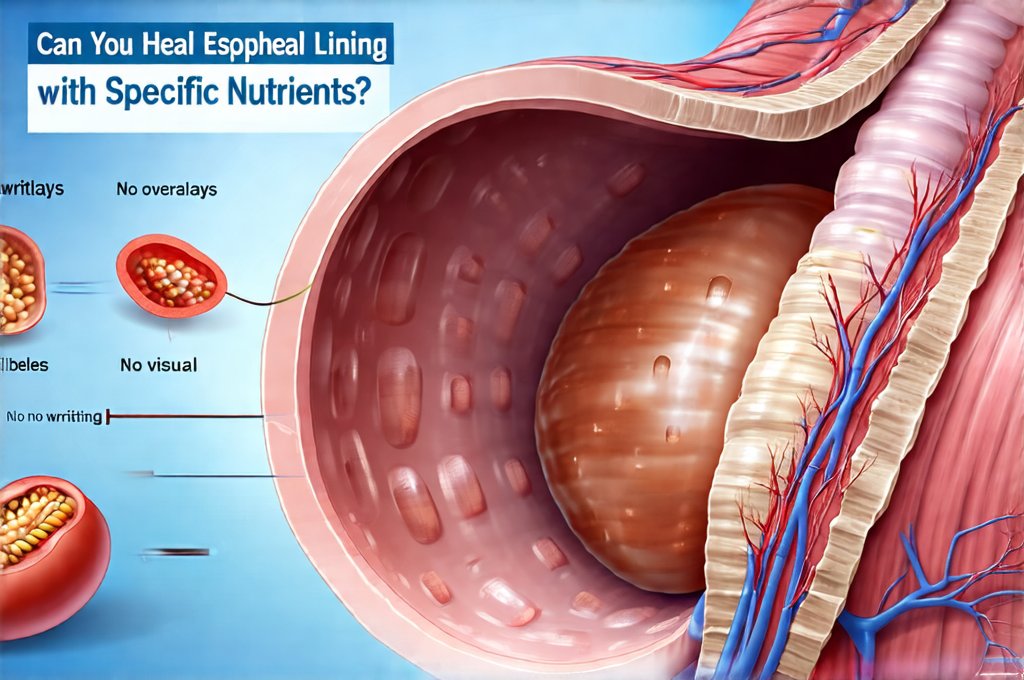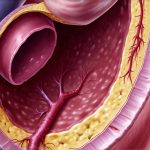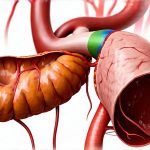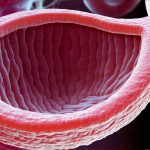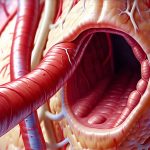The esophagus, often called the food pipe, is a muscular tube responsible for transporting food from your mouth to your stomach. A healthy esophageal lining is crucial for comfortable swallowing and proper digestion. However, various factors – including acid reflux (GERD), certain medications, allergies, and even lifestyle choices – can irritate or damage this delicate tissue, leading to conditions like esophagitis, Barrett’s esophagus, or ulcers. Many individuals seek ways to naturally support the healing process of their esophageal lining, often turning to dietary interventions and specific nutrients. Understanding how nutrition interacts with esophageal health is a complex topic, requiring careful consideration of scientific evidence and individual needs. It’s important to emphasize that nutritional strategies are generally supportive measures and should always be discussed with a healthcare professional as part of a comprehensive treatment plan.
This exploration delves into the potential role of specific nutrients in supporting esophageal lining health. While complete “healing” is a strong term needing careful nuance (and often requiring medical interventions), certain dietary components can demonstrably reduce inflammation, promote tissue repair, and alleviate symptoms associated with esophageal damage. We’ll focus on evidence-based approaches, highlighting the importance of a holistic nutritional strategy rather than relying on single ‘magic bullet’ nutrients. It’s vital to remember that individual responses vary significantly, and what works for one person may not work for another. The goal is to provide informed insights into how nutrition can play a positive role in esophageal health management, always alongside appropriate medical care. If you are experiencing digestive fear, consider can you eat mindfully.
Understanding Esophageal Damage & Nutritional Support
The esophageal lining is uniquely vulnerable due to its direct exposure to acidic stomach contents and the mechanical stress of food passage. When this lining becomes damaged, it can lead to a cascade of uncomfortable symptoms including heartburn, difficulty swallowing (dysphagia), chest pain, and even chronic cough. The specific type of damage dictates the appropriate approach. For instance, erosive esophagitis involves visible erosion of the lining, while non-erosive esophagitis presents with similar symptoms but lacks visual evidence of tissue breakdown. Barrett’s esophagus, a more serious condition often resulting from long-term GERD, involves changes at the cellular level and requires ongoing medical monitoring due to its potential for progression to esophageal cancer.
Nutritional support in these scenarios isn’t about “fixing” the damage directly, but rather creating an environment that facilitates natural healing processes and minimizes further irritation. This means focusing on reducing inflammation, providing building blocks for tissue repair, and protecting the esophagus from continued acid exposure. A key component is identifying and eliminating dietary triggers – foods that exacerbate symptoms like spicy or fatty foods, caffeine, alcohol, chocolate, and citrus fruits. Beyond avoidance, actively incorporating nutrients known to support mucosal health can be incredibly beneficial. This isn’t a replacement for medication when prescribed by a doctor; it’s an adjunct strategy designed to enhance overall wellbeing and potentially reduce the reliance on pharmaceuticals over time. Some individuals may find gut rest helpful in managing symptoms.
A well-rounded diet rich in whole foods is foundational. Prioritizing fruits, vegetables, lean proteins, and healthy fats provides essential vitamins, minerals, and antioxidants necessary for optimal cellular function and tissue repair. Hydration also plays a crucial role; water helps dilute stomach acid and supports the mucosal barrier. However, specific nutrients stand out as particularly relevant to esophageal health based on current research.
Nutrients for Mucosal Repair & Inflammation Reduction
- Vitamin A: Essential for cell growth and differentiation, helping to regenerate damaged tissue. Sources include sweet potatoes, carrots, spinach, and kale. Deficiency can impair the healing process.
- Vitamin C: A potent antioxidant that protects against free radical damage and supports collagen synthesis (important for tissue structure). Found in citrus fruits, berries, peppers, and broccoli.
- Vitamin D: Plays a role in immune function and may help reduce inflammation. Sunlight exposure is primary source, but supplements or fortified foods can be helpful.
- Zinc: Crucial for wound healing and tissue repair. Oysters, beef, pumpkin seeds, and lentils are good sources.
Inflammation is a common feature of esophageal damage. Chronic inflammation hinders the healing process and contributes to further deterioration. Several nutrients possess anti-inflammatory properties that can help mitigate this issue:
– Omega-3 Fatty Acids: Found in fatty fish (salmon, mackerel, sardines), flaxseeds, and chia seeds. Reduce inflammation by modulating inflammatory pathways.
– Curcumin: Active compound in turmeric, known for its powerful anti-inflammatory effects. Best absorbed when combined with black pepper.
– Probiotics: Beneficial bacteria found in fermented foods (yogurt, kefir, sauerkraut) that support gut health, which is intricately linked to esophageal health and inflammation levels. Supporting gut health can improve overall wellbeing.
The Role of Amino Acids & Protein
Protein is the fundamental building block of tissue repair. Ensuring adequate protein intake is vital for regenerating damaged esophageal cells. However, type of protein matters too. Lean sources like fish, poultry, beans, and lentils are preferred over processed meats or high-fat cuts, which can worsen GERD symptoms. Specific amino acids play particularly important roles:
– Glutamine: An amino acid that fuels rapidly dividing cells in the gut lining (including the esophagus). Supplementation may be considered under medical guidance. Sources include beef, chicken, fish, eggs, and dairy products.
– Arginine: Supports nitric oxide production, which enhances blood flow to tissues, promoting healing. Found in nuts, seeds, poultry, and red meat.
Beyond quantity, the digestibility of protein is crucial. Individuals with esophageal issues may struggle to digest large amounts of protein efficiently. Breaking down meals into smaller, more frequent portions can ease digestive burden. Furthermore, combining protein with easily digestible carbohydrates (like sweet potatoes or quinoa) can enhance absorption. Consider incorporating bone broth—rich in collagen and amino acids—as a soothing addition to your diet, supporting mucosal health from the inside out. You may also find it helpful to reset digestion with dietary changes.
Soothing & Protective Strategies
- Aloe Vera Juice: Some studies suggest that aloe vera juice may soothe inflammation and promote healing of the esophageal lining due to its anti-inflammatory compounds. However, use with caution as it can have laxative effects.
- Deglycyrrhizinated Licorice (DGL): DGL is a form of licorice that has had glycyrrhizin removed—a compound that can raise blood pressure. It’s believed to help protect the esophageal lining by increasing mucus production, creating a barrier against acid.
- Slippery Elm: This herb forms a protective coating over the esophagus, shielding it from irritation and allowing for healing. Available in powder or capsule form.
It’s important to note that these herbal remedies should be used under the guidance of a healthcare professional, as they may interact with medications or have potential side effects. The focus remains on creating a holistic approach—one that combines dietary modifications, nutrient supplementation (when appropriate), and medical interventions—to effectively manage esophageal health and support natural healing processes. Remember consistent follow-up with your doctor is paramount for monitoring progress and adjusting treatment plans as needed. Techniques to improve digestion can also offer relief, alongside dietary changes. Consider whether you need to build tolerance for certain foods too. And don’t forget that supplements can potentially help – food sensitivities.

